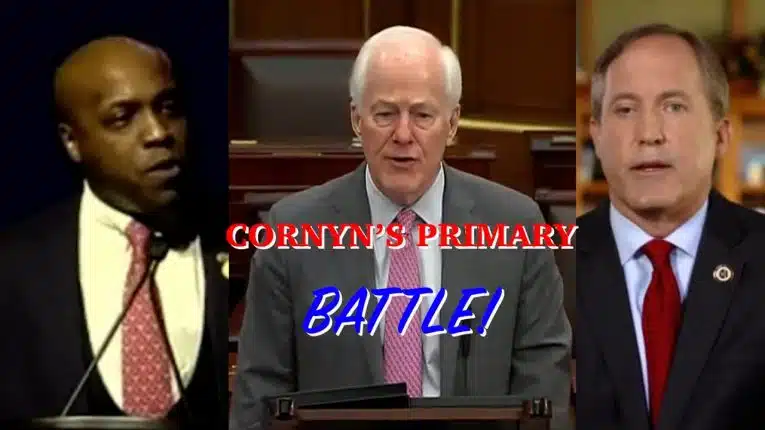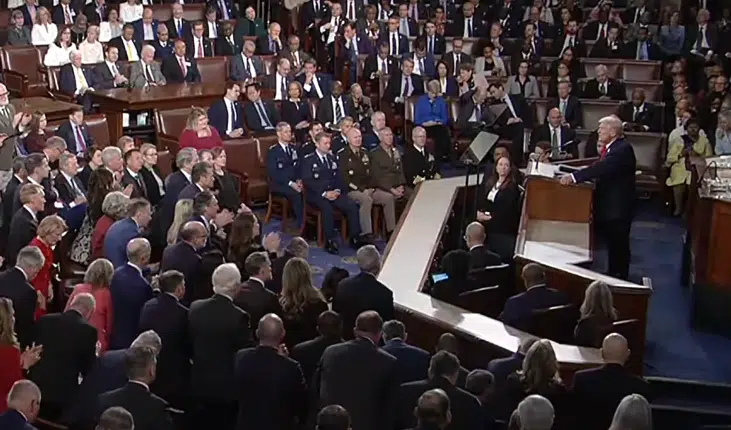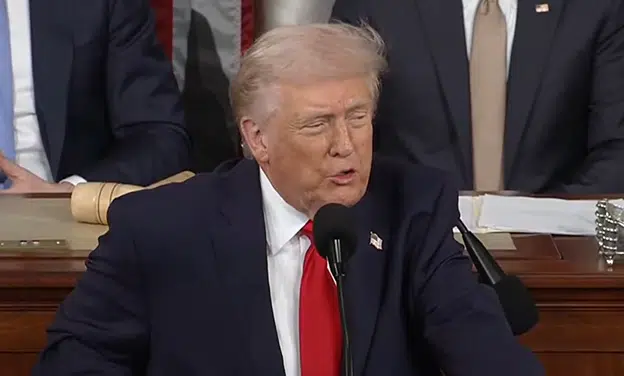By Kevin Mooney – When the history of the Obama Administration is written, astute observers are likely to note that one of the great unintended consequences has been a revival of federalism. This is true not just in a theoretical sense, but in terms of states actua lly reasserting their authority in the realm of public policy. Throughout the country, Tea Party groups have focused attention on the Tenth Amendment and the restraints that should reapplied to federal government. But what matters most is that sentiment behind the Tenth Amendment has actually been put into action.
Take for example, the growing movement that has built up around Health Care Compacts (HCC), which are state-level agreements that have the power and authority to negate the insurance mandates included within the Patient Protection and Affordable Health Care Act, also known as ObamaCare.
There is a historical precedent supporters have cited for these agreements. While the U.S. Constitution requires congressional approval under Article One Section 10, states have entered into these agreements with federal consent.
Moreover, judges have broadly interpreted this provision to allow for any activity that does not infringe on the national government’s authority. Over 200 compacts are now in force including one between the Port Authorities of New York and New Jersey and the Washington Metropolitan Area Transportation Authority.
HCC’s would shift responsibility and authority for regulating health care away from the federal government back to state officials, according to the Health Care Compact Alliance (HCCA). The compacts would involve two or more states and must secure approval from the House and Senate.
The idea behind HCC is to allow for states to be laboratories and to serve as platforms for experimentation, Michael Barnhart, national coordinator for the Alliance, said.
“They are regulatory shields,” he explained. “They answer the question of who decides health care — it’s the individual citizen and the state governments, not Washington D.C. bureaucrats thousands of miles away. HCCs bring authority for health care policy closer to home and they will help to restore self-government.”
Thus far, supporters have successfully introduced HCCs in 13 states and one bill was signed into law in Georgia. Legislation has also passed the state House of Representatives in Montana, Missouri, Arizona and Texas. In addition, in more than 36 states, citizen groups and state legislators are actively considering legislation, according to the Alliance.
“There’s a real hunger in the country right now to restore constitutional limits on federal power,” Mario Loyola, director of the Center for Tenth Amendment Studies at the Texas Public Policy Foundation (TPPF) said. “Interstate compacts have a lot of potential as a device to re-establish an effective boundary between federal government and the states… I’m glad Louisiana is part of the effort. Louisiana’s exploration of the interstate compact is a good sign that this sentiment is spreading across the country.”
The Alliance hopes to include about 25 to 30 states in its effort before going to Congress.
Kevin Mooney is a contributing editor to Americans for Limited Government. You can follow Kevin on Twitter at @KevinMooneyDC.






